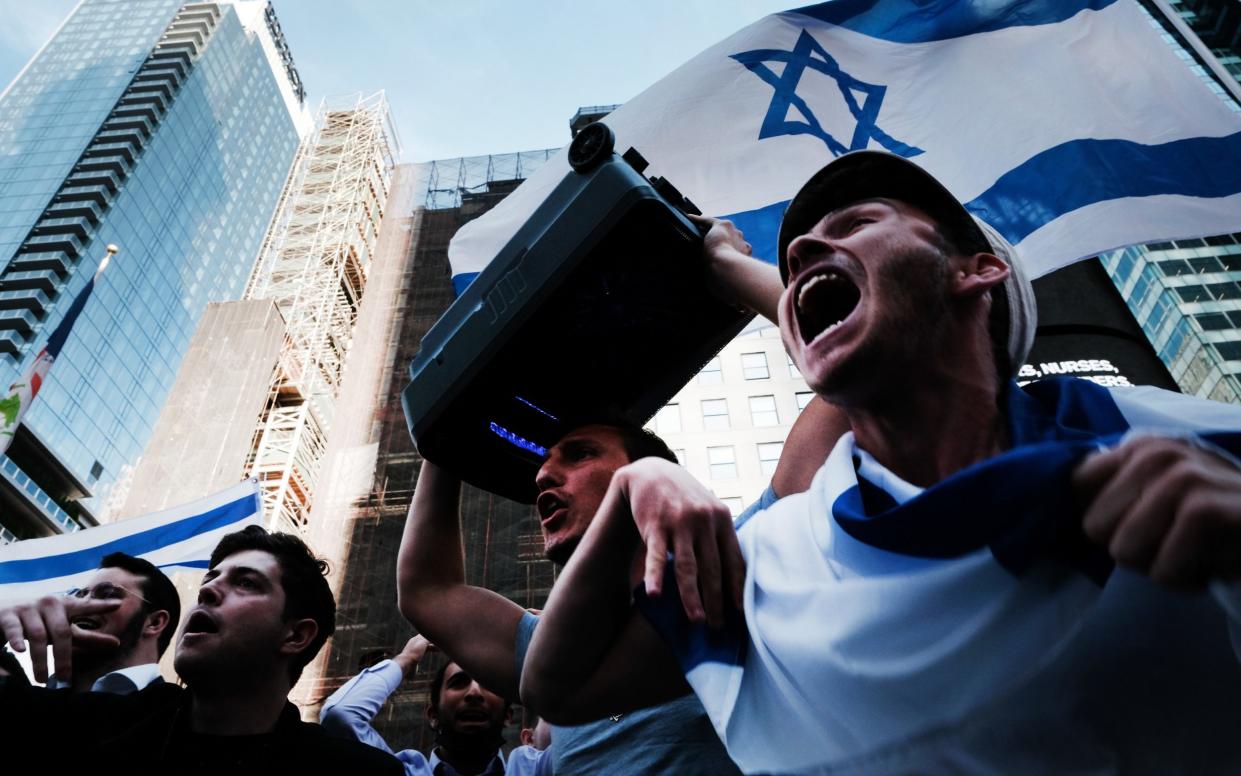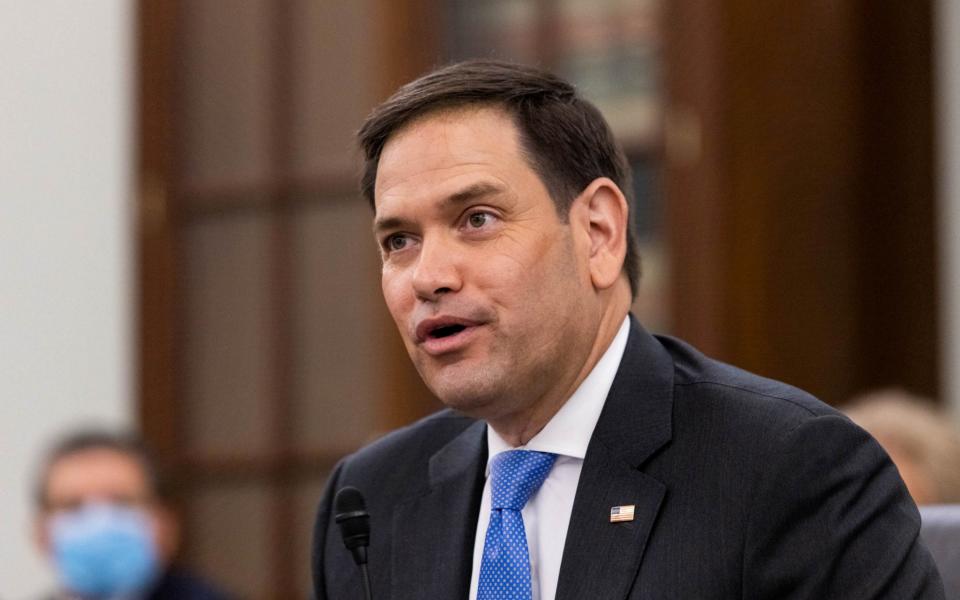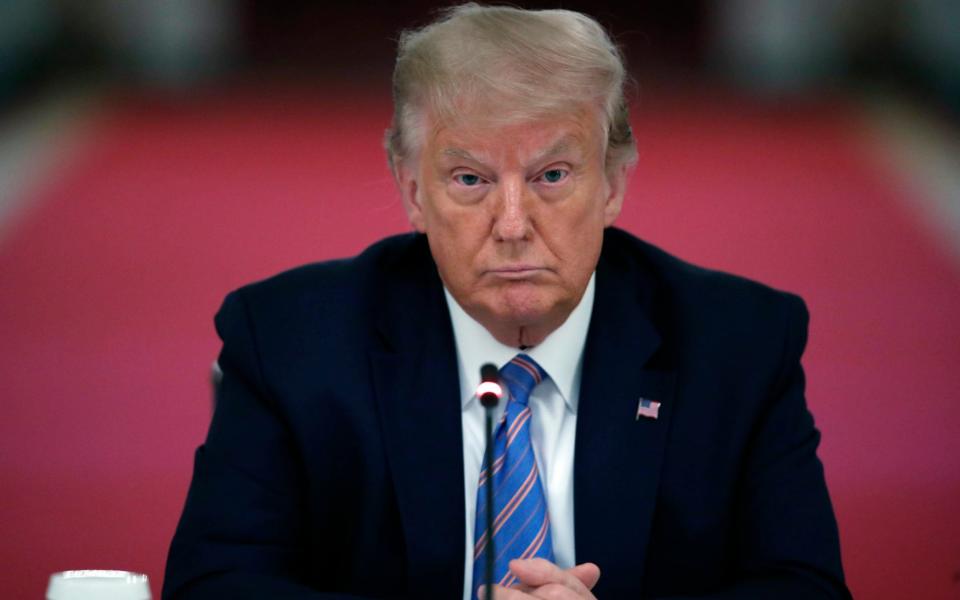Can Joe Biden still lift sanctions on Iran after the bloodshed in Israel?

- Oops!Something went wrong.Please try again later.
Joe Biden's hopes of reviving the Iran nuclear deal face mounting opposition in the wake of violence in Gaza as Republicans demanded no relaxation of sanctions on Tehran due to its support for Hamas.
Indirect negotiations between the US and Iran have been going on in Vienna since early April with European diplomats acting as intermediaries.
One US official said the latest round of talks were "positive and we saw meaningful progress" although "important differences remain which still need to be addressed."
A senior European diplomat added: "We have made tangible progress. Both on the nuclear side and on the sanctions side, we are now beginning to see the contours of what the final deal could look like. However, success is not guaranteed."

Sanctions on Iran
Republicans in Washington turned up the heat on Mr Biden, particularly pressuring him not to ease sanctions on the Central Bank of Iran (CBI) and the National Iranian Oil Company.
Tom Cotton, a Republican senator, said: "Will Joe Biden pressure Iran to stop funding the terrorists attacking Israel?"
Amid the growing calls from Republicans in the last week senator Ted Cruz said: "Iran’s tyrannical and evil regime continues to finance and export terror, endangering our national security and the security of our allies.
"The United States and our allies cannot afford another catastrophic Obama-Biden Iran nuclear deal."
In a recent letter to Mr Biden more than 40 Republican senators, led by Marco Rubio, called on him to immediately end the negotiations in Vienna and make clear that sanctions would not be lifted.
They wrote it was "troubling" that a US delegation was in Vienna for the talks involving the "world's leading state sponsor of terrorism."

New Iranian drone
Meanwhile, Iran's Islamic Revolutionary Guards Corp (IRGC) unveiled a new combat drone dubbed "Gaza" capable of carrying 13 bombs while flying at over 35,000ft for 20 hours.
The force's official website reported the move hours after a ceasefire took effect.
Tehran said Palestinians had won a "historic victory" and Israel could expect "deadly blows" after the 11-day Gaza conflict.

Republican pressure
The 2015 Iran nuclear deal - known as the Joint Comprehensive Plan of Action [JCPOA] and intended to keep Tehran from developing an atomic bomb - imploded after Donald Trump pulled the US out.
Under Mr Trump's subsequent "maximum pressure" campaign sanctions were imposed on hundreds of entities and people, crippling Iran's economy.
Dropping sanctions would leave Mr Biden open to accusations of being soft on terrorism.
Mike Pompeo, Mr Trump's former secretary of state, has called dropping sanctions "immoral".
Elliott Abrams, who served as Mr Trump' special representative for Iran, said: "What I would find particularly objectionable is any move that would change the sanctioning of the IRGC for terrorist activities. Because the IRGC engages in terrorist activities. It is a clear case.
"Those were legally and morally sufficient and justifiable designations. They were not pulled out of thin air."

National security
A senior official in the Biden administration said it does not plan to suggest that those sanctioned by his predecessor were not supporting terrorism.
Instead, a case will be made that restarting the nuclear deal is a national security priority which overrides the sanctions.
Henry Rome, an analyst at Eurasia Group, said that would be a "tough needle to thread".
He said: "The political heat [on Mr Biden] is going to be quite intense."

